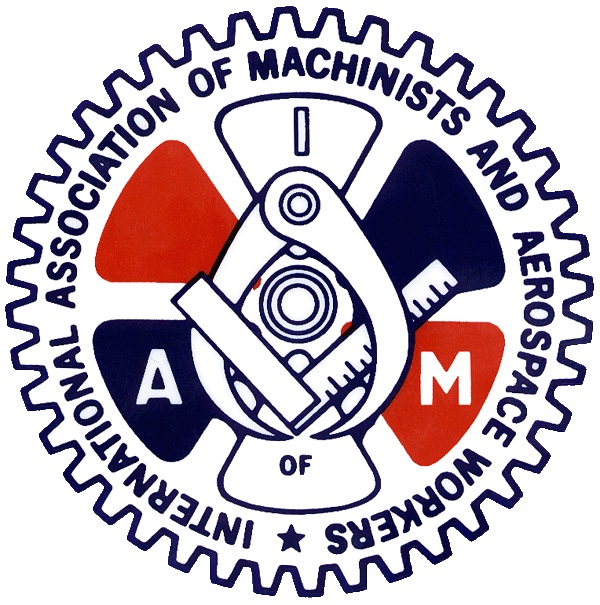
Dear Brothers and Sisters,
Concerns centered on Ebola are very much on our minds, especially as we work with the travelling public to
provide Screening, Cleaning, and Maintenance to aircrafts at Canada’s Airports. As the Health &Safety
Coordinator of District Lodge 140 and a Member of the IAM Joint Air Transport Safety Committee (JATSC), I
have been very involved in these issues that concern the varied jobs that our Members perform.
With Ebola cases in the U.S., this highlights the importance and need for worker safety and health precautions
and response to communicable diseases. It is agreed that infectious disease protocol is very challenging.
There needs to be serious attention to the procedures to manage it – both in an occurring event and in future
events.
Many Local Lodges that represent the Airline’s Members have had some sort of communications with respect
to Ebola information with their employers; however, there are some Local Lodges that represent the service
industries that have not informed their Members on Ebola information and protocols in their workplace so that
everyone knows what is expected.
As this crisis continues to unfold we will likely learn more about this deadly virus and how to effectively protect
ourselves, but there are some basic precautions that you should take:
1) Please have your Local Lodge Union Safety Representatives or Chief Shop Stewards engage their
employers for Communication of factual Ebola information to the front of the line Members.
2) Know and understand your Company’s policy on protection from blood borne pathogens/
communicable disease and follow these policies. Communicate this to the Members.
3) The most important thing is to provide a barrier between any bodily fluid exposure and yourself.
Gloves (double gloving in some cases may be recommended), eye and face protection and in some
cases, disposable coveralls and booties should be worn when needed.
4) After use it is important to safely remove all PPE so that no parts of the body come in contact with
any exposed PPE. (The Centers for Disease Control (CDC) has produced a chart to provide
guidance as referenced below.)
5) Good personal hygiene is also very important. After removing PPE or with any possible
exposure to bodily fluids, always wash your hands and any other exposed body parts thoroughly
with soap and water. Remove any contaminated clothing. Use of hand sanitizers (60% or more of
alcohol) can be used when water is not readily available. It is always a good idea to wash your
hands as soon as water is available.
6) PPE is provided by your employer. Know what is available, keep it handy and especially – USE it when necessary!
7) Use the proper disinfectant that is approved for use on the aircraft or ground facilities and follow the directions as most disinfectants require a dwell time on the surfaces to be effective prior to wiping off.
Your employer has probably provided bulletins and other alerts concerning the Ebola outbreak; if not please
have your Safety Representative or Chief Stewards to engage them to do so.
The CDC, OSHA (Occupational Safety and Health Administration) and WHO (World Health Organization) all
have a lot of current information on the Ebola virus as well. Take a few moments to review all of the following:
https://www.osha.gov/SLTC/ebola/index.html
http://www.cdc.gov/vhf/ebola/index.html
http://www.who.int/csr/disease/ebola/en/
Here are a couple of publications you may find helpful as well:
http://www.cdc.gov/quarantine/air/managing-sick-travelers/ebola-guidance-airlines.html
www.cdc.gov/hai/pdfs/ppe/ppeposter8511.pdf
Please continue to reach out to your IAMAW District Lodge 140 representatives or myself if you have
questions.
In Solidarity,
Chris Cheung,
Health & Safety Coordinator
Transportation District 140, IAMAW
acsafety@iam764.ca 604-512-7827
